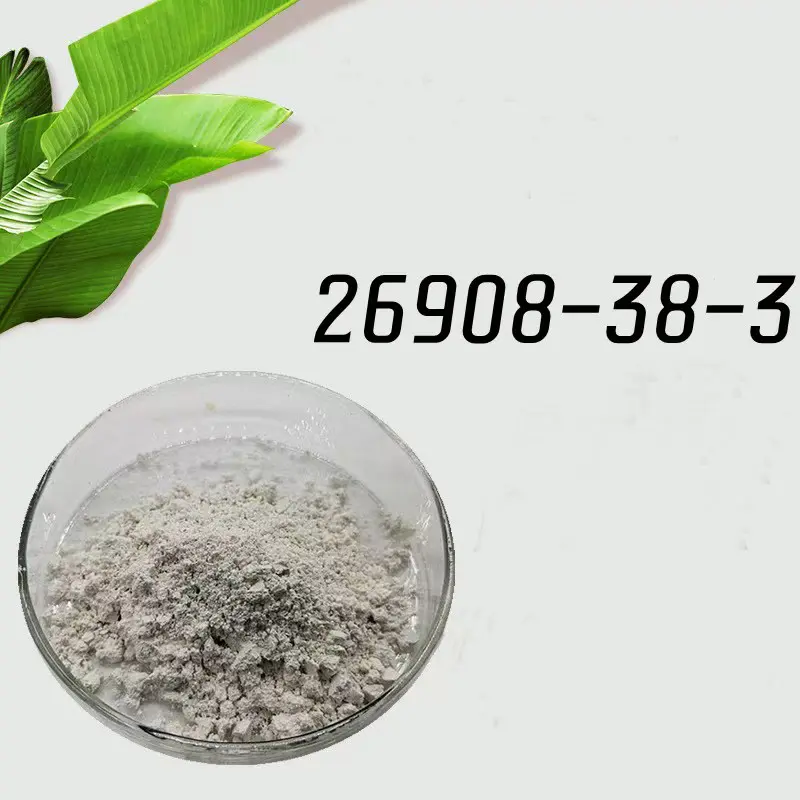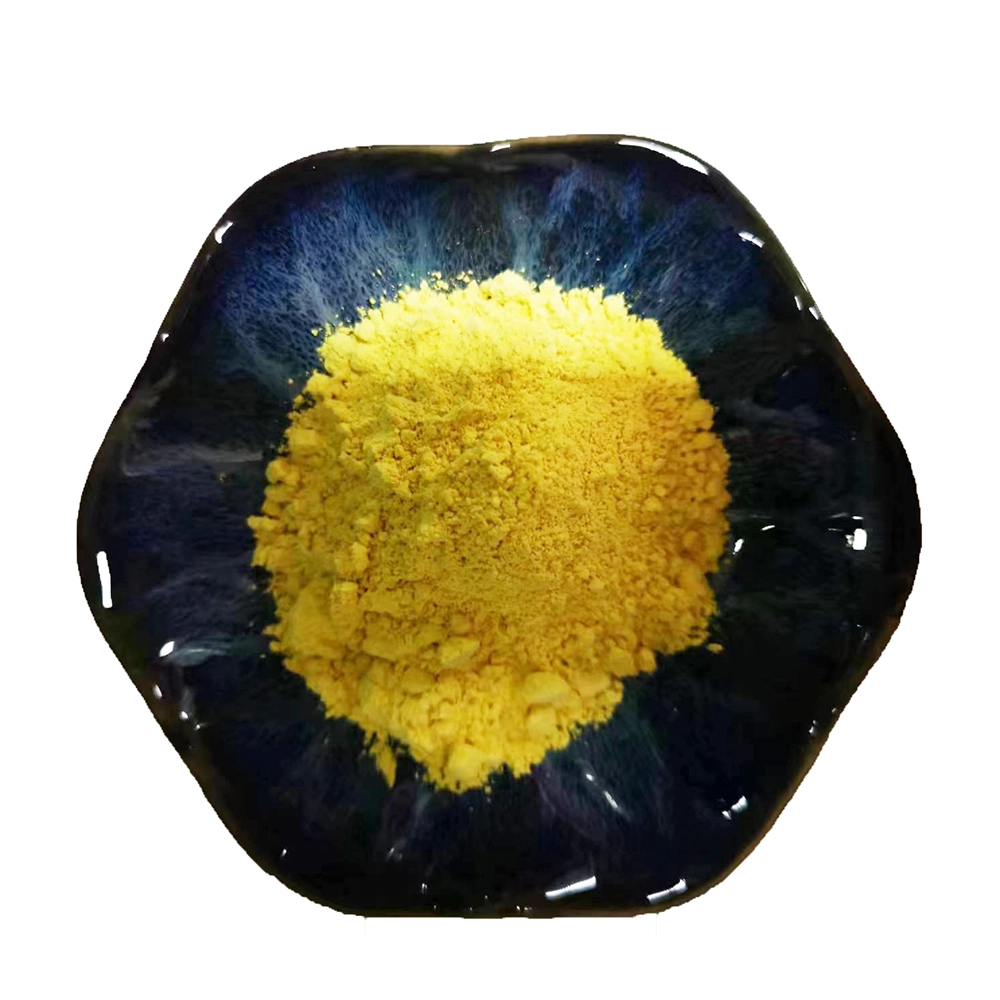+86-15212299029
- All
- Product Name
- Product Keyword
- Product Model
- Product Summary
- Product Description
- Multi Field Search
Views: 220 Author: tcchems Publish Time: 2025-10-27 Origin: Site











Content Menu
● What is Phloretin and Why is it Important?
>> Key Benefits of Phloretin in Products
● Essential Criteria for Choosing a Phloretin Supplier
>> - Quality and Purity Standards
>> - Source and Extraction Method
● Pricing and Minimum Order Quantities (MOQs)
● Supplier Reliability and Lead Time
>> - Communication and Customer Support
● Compliance with Regulatory Standards
● Supplier Reputation and Reviews
● Contract Terms and Payment Options
● Technology and Innovation Support
● Frequently Asked Questions About Choosing Phloretin Suppliers
>> 1. What purity level should I require for phloretin used in skincare?
>> 2. How important is a third-party certificate for phloretin?
>> 3. Can I get phloretin samples before bulk purchase?
>> 4. What extraction method is preferred for high-quality phloretin?
>> 5. How do I ensure my phloretin supplier complies with international regulations?
Phloretin is a natural dihydrochalcone antioxidant extracted mainly from apple tree leaves and apples. It is prized for its ability to inhibit free radicals, improve skin brightness, and support anti-aging effects. The rise in consumer demand for natural and effective skincare ingredients has driven the need for authentic phloretin with proven efficacy.

- Antioxidant protection: Neutralizes harmful free radicals to protect skin cells.
- Anti-inflammatory effects: Reduces redness and soothes irritated skin.
- Skin brightening: Helps fade pigmentation and enhances complexion.
- Enhances absorption: Boosts penetration of other active ingredients.
Understanding the importance of phloretin helps clarify why sourcing from a reputable supplier is essential.
To ensure your business obtains high-quality phloretin that meets regulatory and market demands, consider the following crucial criteria when evaluating suppliers.
A supplier's phloretin quality directly impacts your product's safety and effectiveness. Confirm the supplier's ability to provide:
- High purity extracts (≥98%): Minimum purity levels guarantee potent activity.
- Certifications: Look for GMP (Good Manufacturing Practices), ISO, or other industry certifications.
- Third-party testing reports: Independent lab verification ensures consistency and authenticity.
- Batch-to-batch consistency: Reliable suppliers maintain uniformity to support stable formulations.
Phloretin origin and manufacturing processes influence quality and sustainability:
- Natural vs synthetic: Prefer natural extraction from apple leaves or fruit.
- Extraction techniques: Methods like eco-friendly supercritical CO2 extraction retain bioactivity better than solvent-based extraction.
- Sustainability: Ethical sourcing aligns with growing consumer demand for green products.
Cost-effectiveness is important but should not override quality considerations. Evaluate:
- Competitive pricing: Compare quotes but beware of prices too low to maintain quality.
- MOQ flexibility: Smaller MOQs help new or small-scale businesses test market response without excess inventory.
- Volume discounts: Larger volume buyers can benefit from price breaks, enhancing profitability.
Negotiate with suppliers to meet your budget without compromising critical quality parameters.
Timely delivery is crucial to avoid production delays and stock shortages.
Assess the supplier's:
- Average lead times: From order placement to shipment.
- On-time delivery rate: Percentage of orders fulfilled on schedule.
- Stock availability: Suppliers with good inventory management prevent supply chain interruptions.
Reliable communication can solve many supply issues:
- Responsive customer service: Suppliers who quickly address queries enhance business confidence.
- Technical expertise: Supplier support with product usage, formulation tips, and regulatory guidance adds value.
- Flexible logistics options: Multiple shipping methods and tracking improve transparency.
Meeting regulatory requirements avoids legal risks and supports market entry.
- Safety data sheets (SDS) and Certificates of Analysis (COA): Ensure product safety and specification verification.
- Compliance with cosmetic/pharmaceutical regulations: Suppliers should provide documentation aligned with FDA, EU, or other relevant authorities.
- Allergen and contaminant testing: Check for residual solvents, heavy metals, and microbial contamination limits.
Verifying supplier compliance helps pass audits and instills trust with your customers.
The supplier's market reputation offers insight into reliability and product quality.
- Industry experience: Longer-established suppliers often have more refined production processes.
- Customer testimonials: Positive feedback from similar businesses indicates dependable supply.
- Trade show presence and certifications: Active involvement in industry events reflects professionalism.
- Complaint resolution: Check how quickly and effectively issues are handled.
Before committing to large orders, obtain samples to conduct your own quality control testing.
- Sample availability: Trusted suppliers provide samples with clear specifications.
- Testing parameters: Assess purity, stability, and compatibility with your products.
- Trial batches: Pilot scale tests help verify performance in your formulations.
Samples reduce risk and support confident purchasing decisions.
Clear commercial terms save misunderstandings:
- Payment methods: Look for secure options like letters of credit or escrow.
- Return policies: Understand conditions for defective or out-of-spec products.
- Warranties: Some suppliers offer guarantees on product quality and delivery.
Negotiate mutually beneficial agreements to protect your interests.
Growing markets demand innovation. Suppliers who invest in R&D can offer:
- Custom formulation support: Tailored phloretin blends or derivatives.
- New delivery forms: Encapsulated powders, stabilized liquids, or combined actives.
- Sustainability initiatives: Eco-friendly packaging or carbon footprint reduction.
Partnering with innovative suppliers can differentiate your product line.

Aim for at least 98% purity to ensure efficacy and safety. Lower purity may contain impurities affecting product stability and results.
Third-party certificates provide independent verification of quality, ensuring the supplier's claims are trustworthy and consistent.
Most reputable suppliers offer samples so you can test compatibility with your formulations and verify quality before ordering in large quantities.
Supercritical CO2 extraction is preferred as it preserves bioactive compounds without harmful solvents, ensuring a purer and safer ingredient.
Request all certification documents, such as COA, SDS, and proof of compliance with FDA or EMA standards depending on your target market.
Hot Tags: China, Global, OEM, private label, manufacturers, factory, suppliers, manufacturing company




The Difference Between Phloretin And Phloridzin: What You Need To Know?
How To Choose The Right Phloretin Supplier for Your Business?
What Is Phloretin? Understanding Its Role in Cosmetics And Pharmaceuticals
Phloretin Vs Other Antioxidants: Which One Is Best for Your Skin?
What’s The Difference Between Hyaluronic Acid Serum And Cream?
What’s The Difference Between Sodium Hyaluronate And Hyaluronic Acid?
What’s The Difference Between High And Low Molecular Weight Hyaluronic Acid?
The Top Hyaluronic Acid Raw Material Suppliers: A Global Perspective